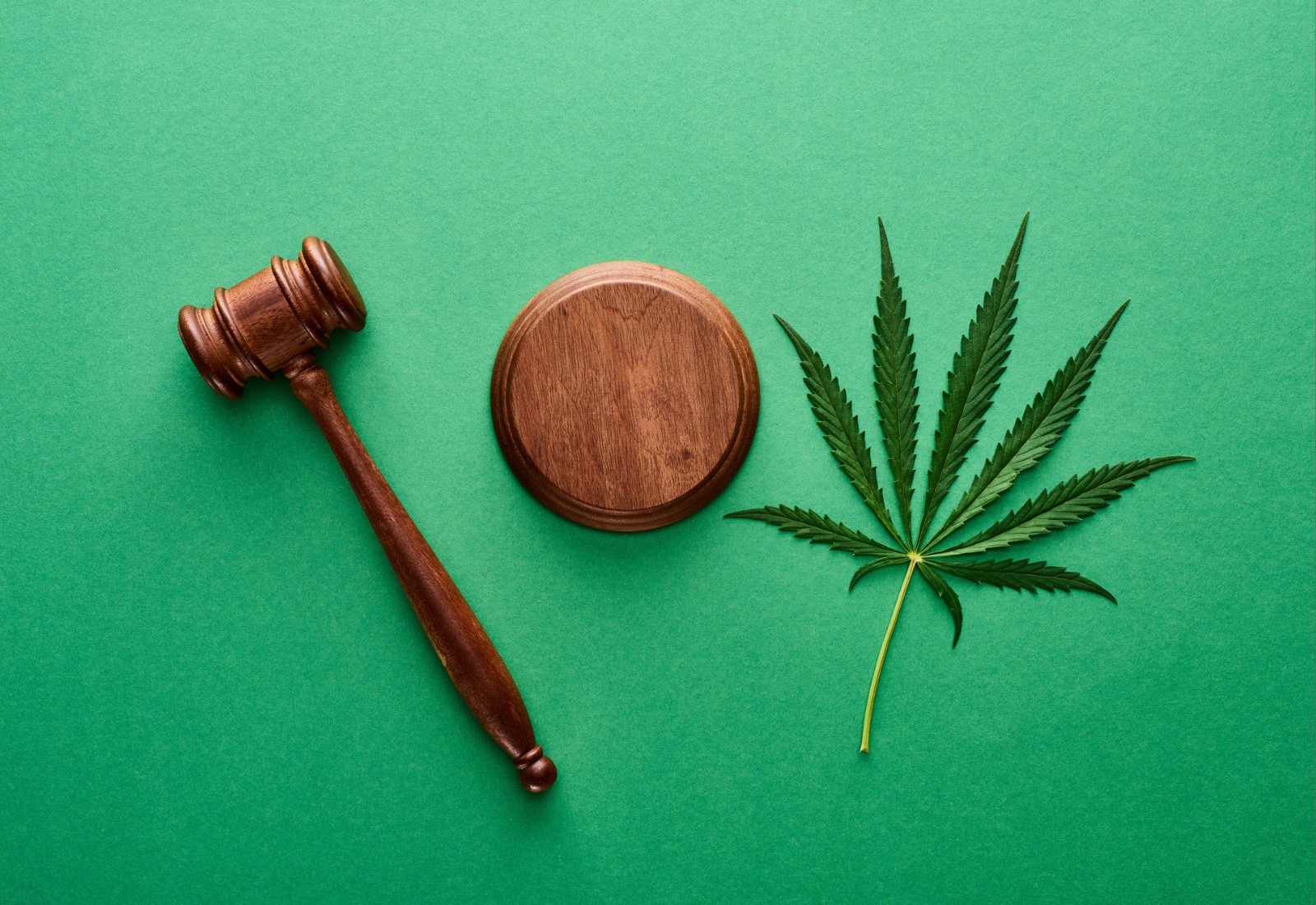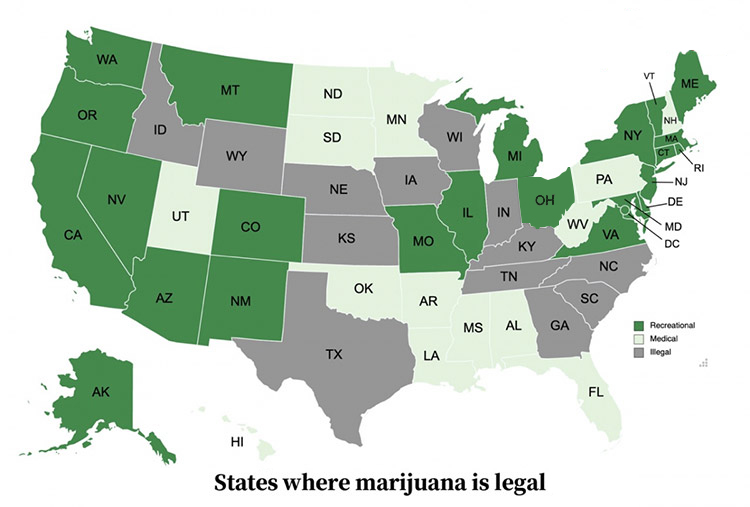The Republican Party’s decisive victory in recent elections has returned Donald Trump to the White House, potentially signaling significant shifts in state-level cannabis legalization policies across the United States. Cannabis legalization, a complex issue spanning economic, social, and medical dimensions, may face notable changes under Trump’s renewed leadership.
Trump’s Ambiguous Approach to Cannabis Policy
During his first term, Trump’s approach to cannabis policy was marked by inconsistency. While he publicly expressed support for allowing states to decide cannabis legalization on their own, his administration did not entirely ease federal oversight of legalized cannabis states. In 2018, then-Attorney General Jeff Sessions rescinded Obama-era leniency policies, effectively reintroducing stringent federal enforcement against the legal cannabis market. However, Trump also displayed openness toward cannabis legalization in other contexts, particularly regarding medical marijuana. This wavering approach created uncertainty, especially as states increasingly pushed for legalization.
As Trump takes office again, it remains unclear whether he will continue his previous policy trajectory or offer more robust support for legalization efforts. Some industry experts predict he may adhere to a “state-first” policy, permitting states to independently decide on cannabis legalization while simultaneously tightening federal oversight, particularly targeting the cannabis industry and illicit markets.
The Challenge of State Autonomy Under Federal Law
Currently, 38 states have legalized medical cannabis, and 24 permit recreational use. Despite this progress, the federal government’s conservative stance on cannabis creates dual challenges for states. On one hand, states are advancing legalization through legislative processes or voter initiatives; on the other, federal policies impose significant constraints.
With Trump continuing to prioritize stricter regulation of state-level cannabis legalization, challenges may intensify, particularly in states dominated by conservative leadership. For example, lawmakers in states like Florida, North Carolina, and Pennsylvania have expressed strong opposition to recreational cannabis legalization. Conversely, states such as California and Colorado have embraced legalization as the norm. Federal intervention under Trump’s administration could exacerbate opposition in conservative states, potentially delaying legalization efforts in the short term.
Pressure from Younger Voters and Public Sentiment
Although Trump and the Republican Party traditionally hold conservative views on cannabis legalization, growing support among younger voters and some moderates is undeniable. Surveys indicate that approximately 42% of Republican voters back some form of cannabis legalization, with higher support among younger demographics, particularly for medical and recreational use. As public acceptance of cannabis legalization continues to rise, Trump’s administration will likely face mounting pressure, especially from a new generation of voters.
 With Trump’s return to the presidency, state-level cannabis legalization policies may encounter heightened uncertainty and political battles. His “state-first” stance and focus on economic priorities could provide room for legalization in certain states, but his overall approach will be shaped by conservative party influences, younger voters, and societal trends. Although Trump’s policy direction remains unpredictable, cannabis legalization will undoubtedly remain a prominent issue in the coming years.
With Trump’s return to the presidency, state-level cannabis legalization policies may encounter heightened uncertainty and political battles. His “state-first” stance and focus on economic priorities could provide room for legalization in certain states, but his overall approach will be shaped by conservative party influences, younger voters, and societal trends. Although Trump’s policy direction remains unpredictable, cannabis legalization will undoubtedly remain a prominent issue in the coming years.
Post time: Nov-20-2024





